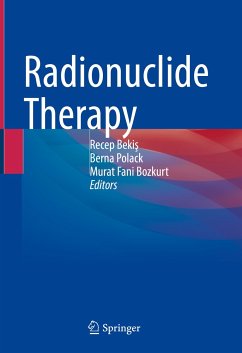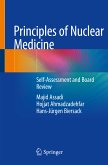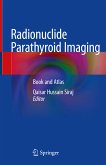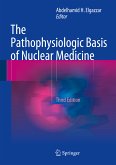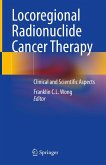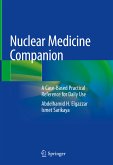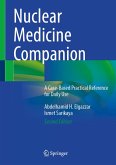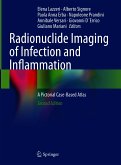Besides standard methods such as surgery, chemotherapy, radiotherapy, and hormone therapy, newly developed biological treatments, targeted treatments, personalized treatments, external beam radiotherapy, and targeted radionuclide treatments have begun to take their place in professional practice.
Nuclear medicine, in addition to its role as a tracer of cancer, also assumes the role of treating with radioactive molecules directed to the cancer it traces. These traceable next-generation radionuclide treatments, whose efficacy and reliability have been proven and where diagnosis, treatment, and follow-up are carried out together, are increasingly included in oncology practice together with the new developed radiopharmaceuticals, ensuring a high rate of damage to cancer cells while protecting the surrounding normal tissues. Molecular cancer treatment will become more effective with individualized next-generation traceable radionuclide treatments, which will be shaped by genetic studies in the future.
Radionuclide treatments for many cancer types and benign diseases are presented by experienced nuclear medicine experts in the light of their own experience and case studies, while systemic treatments in common cancer types and side effect management of these treatments are summarized by medical oncologists.
This book will be of interest to nuclear medicine physicians as well as oncologists.
Dieser Download kann aus rechtlichen Gründen nur mit Rechnungsadresse in A, B, BG, CY, CZ, D, DK, EW, E, FIN, F, GR, HR, H, IRL, I, LT, L, LR, M, NL, PL, P, R, S, SLO, SK ausgeliefert werden.

